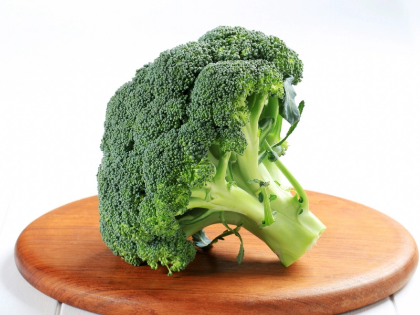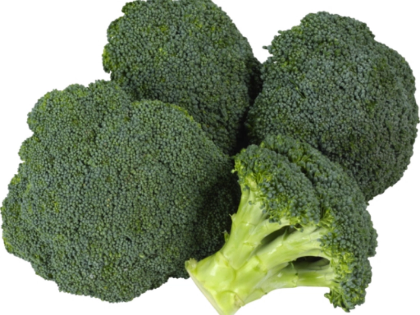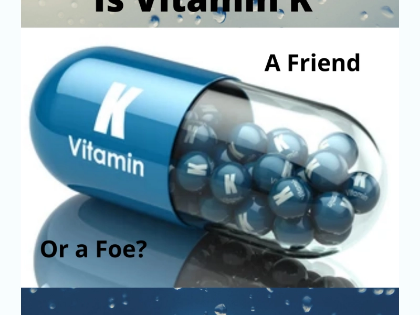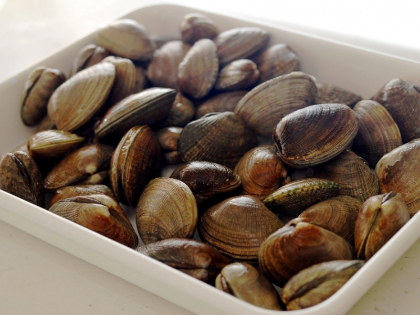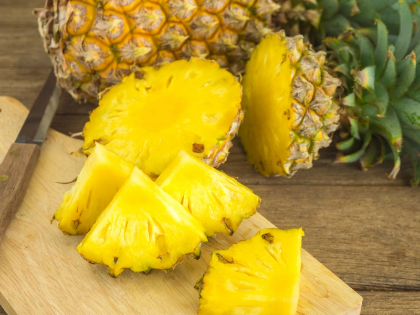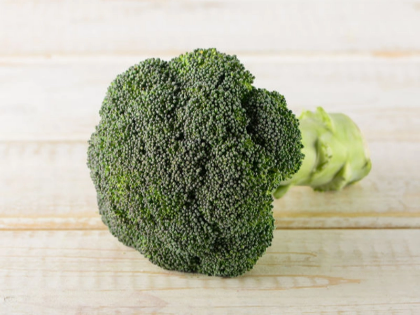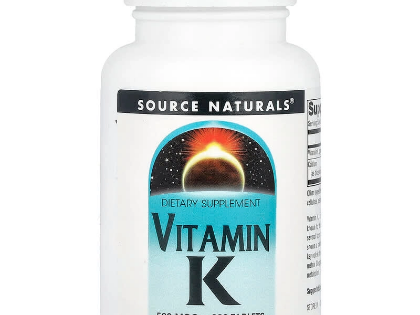Vitamin E for Muscle Repair: Supporting Healing Following Exercise
Although vitamin E is typically praised for its antioxidant qualities and advantages for skin condition, it also is rather important for muscle recovery following demanding exercise. This potent vitamin boosts immune system function, helps muscular tissue recover, and lessens oxidative stress. For both athletes and fitness buffs, knowing how Vitamin E might improve recuperation could alter everything. The advantages of vitamin E for muscle recovery are investigated in this post-workout healing article.
1. The Body's Function of Vitamin E
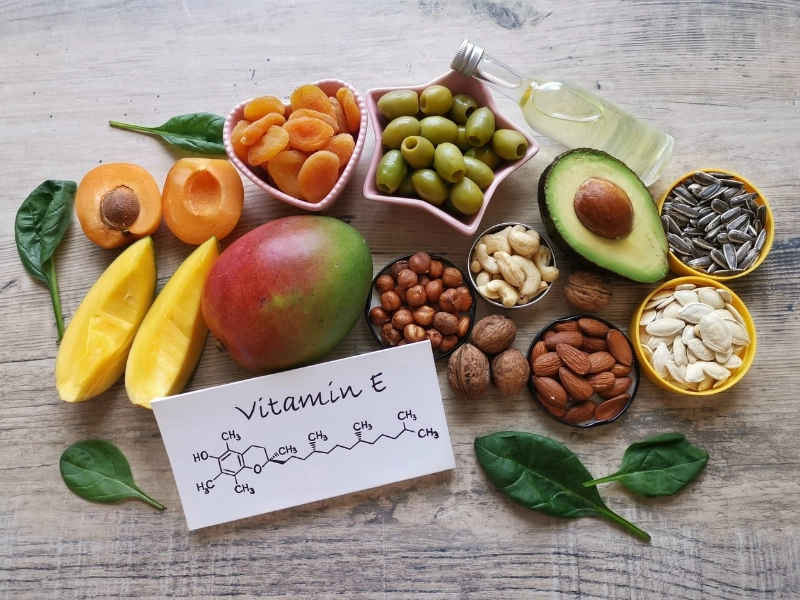
2. Lowering Oxidative Stress Following Exercise
 Because of increased oxygen intake and metabolic activity, the body suffers more oxidative stress during exercise—especially high-intensity exercises. This stress can cause muscular injury and extended pain, therefore impeding performance and recovery. Reducing this oxidative stress depends critically on vitamin E. Vitamin E reduces damage to muscle cells by scavenging free radicals, so facilitating faster repair and reduced pain during exercise. Studies have indicated that athletes who get enough vitamin E could have shorter recovery times and less muscular pain. Including foods high in vitamin E—such as nuts, seeds, and leafy greens—into your post-workout meals will help your muscles heal properly.
Because of increased oxygen intake and metabolic activity, the body suffers more oxidative stress during exercise—especially high-intensity exercises. This stress can cause muscular injury and extended pain, therefore impeding performance and recovery. Reducing this oxidative stress depends critically on vitamin E. Vitamin E reduces damage to muscle cells by scavenging free radicals, so facilitating faster repair and reduced pain during exercise. Studies have indicated that athletes who get enough vitamin E could have shorter recovery times and less muscular pain. Including foods high in vitamin E—such as nuts, seeds, and leafy greens—into your post-workout meals will help your muscles heal properly.
3. Encouragement of Muscle Repair and Growth
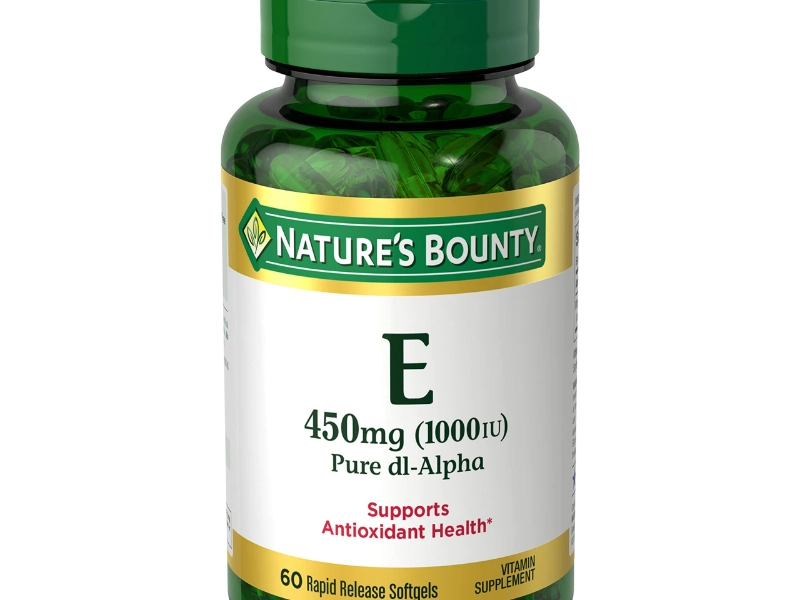 Muscle rehabilitation calls for not just lowering inflammation but also rebuilding and mending muscle tissue. By encouraging good blood circulation—which is necessary for supplying nutrients and oxygen to injured muscles—vitamin E helps this process. Enhanced circulation aids in the growth of fresh muscle tissue and the healing of existing muscle fibres. Moreover, vitamin E improves the healing process in concert with other minerals, including zinc and vitamin C. Together, these nutrients boost collagen synthesis—a process vital for muscle healing. Ensuring enough vitamin E intake can help you maximise muscle repair and growth, hence enabling you to perform at your best in the next workouts.
Muscle rehabilitation calls for not just lowering inflammation but also rebuilding and mending muscle tissue. By encouraging good blood circulation—which is necessary for supplying nutrients and oxygen to injured muscles—vitamin E helps this process. Enhanced circulation aids in the growth of fresh muscle tissue and the healing of existing muscle fibres. Moreover, vitamin E improves the healing process in concert with other minerals, including zinc and vitamin C. Together, these nutrients boost collagen synthesis—a process vital for muscle healing. Ensuring enough vitamin E intake can help you maximise muscle repair and growth, hence enabling you to perform at your best in the next workouts.
4. Value of a Well-balanced Meal
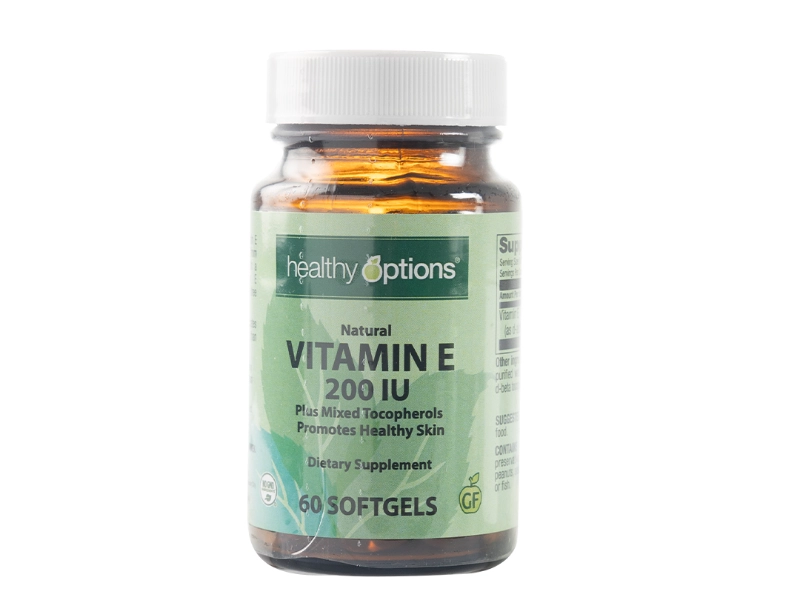 Although muscle repair depends on vitamin E, it is imperative to get it from a well-balanced diet including a range of minerals. Foods high in vitamin E include green leafy vegetables like spinach and broccoli, seeds like sunflower seeds, and almonds and hazelnuts. Including these foods in your diet will help guarantee you get enough of this crucial vitamin. Overall recuperation also depends on a well-balanced diet with carbohydrates, good fats, and proteins. Protein helps muscles mend; healthy fats offer vital fatty acids; carbohydrates restore glycogen levels. Stressing a balanced diet will help you speed up your recovery and raise your general performance.
Although muscle repair depends on vitamin E, it is imperative to get it from a well-balanced diet including a range of minerals. Foods high in vitamin E include green leafy vegetables like spinach and broccoli, seeds like sunflower seeds, and almonds and hazelnuts. Including these foods in your diet will help guarantee you get enough of this crucial vitamin. Overall recuperation also depends on a well-balanced diet with carbohydrates, good fats, and proteins. Protein helps muscles mend; healthy fats offer vital fatty acids; carbohydrates restore glycogen levels. Stressing a balanced diet will help you speed up your recovery and raise your general performance.
5. Timing of your vitamin E intake
Additionally affecting vitamin E's efficacy in promoting muscle repair is the timing of ingestion. Eating meals high in vitamin E or supplements soon after exercise will help to maximise its effects. This is so because right after exercise the body is in a state of increased repair and recovery. Combining vitamin E with a dose of protein would help even more since protein offers the building blocks needed for muscle healing. Take a post-workout smoothie packed with spinach (high in vitamin E) and a protein source like Greek yoghurt or protein powder, for instance. This mix can supply the protein needed for muscle regeneration as well as the antioxidants needed for recovery.
6. Possible hazards of too-high vitamin E levels
Although muscle repair depends on vitamin E, consumption of it should be moderate. Too much vitamin E, especially from supplements, can cause side effects, including possible interactions with some drugs and a higher risk of bleeding. Generally speaking, complete foods are a better source of vitamins than depending just on supplements. See a healthcare provider to find the right dosage for your particular requirement if you are thinking about starting vitamin E supplements. Reducing any possible hazards, your Vitamin E intake will let you appreciate its advantages.
7. Finally: Accepting vitamin E for healing
Including vitamin E in your post-exercise regimen will help muscles heal much more effectively and generally improve performance. Its antioxidant qualities stimulate muscular regeneration, aid lower oxidative stress, and improve circulation. Stressing a balanced diet high in vitamin E and timing your intake can help you maximise your recuperation process and get your body ready for the next exercises. Accepting the advantages of vitamin E not only promotes healing but also helps with long-term health and successful exercise.


